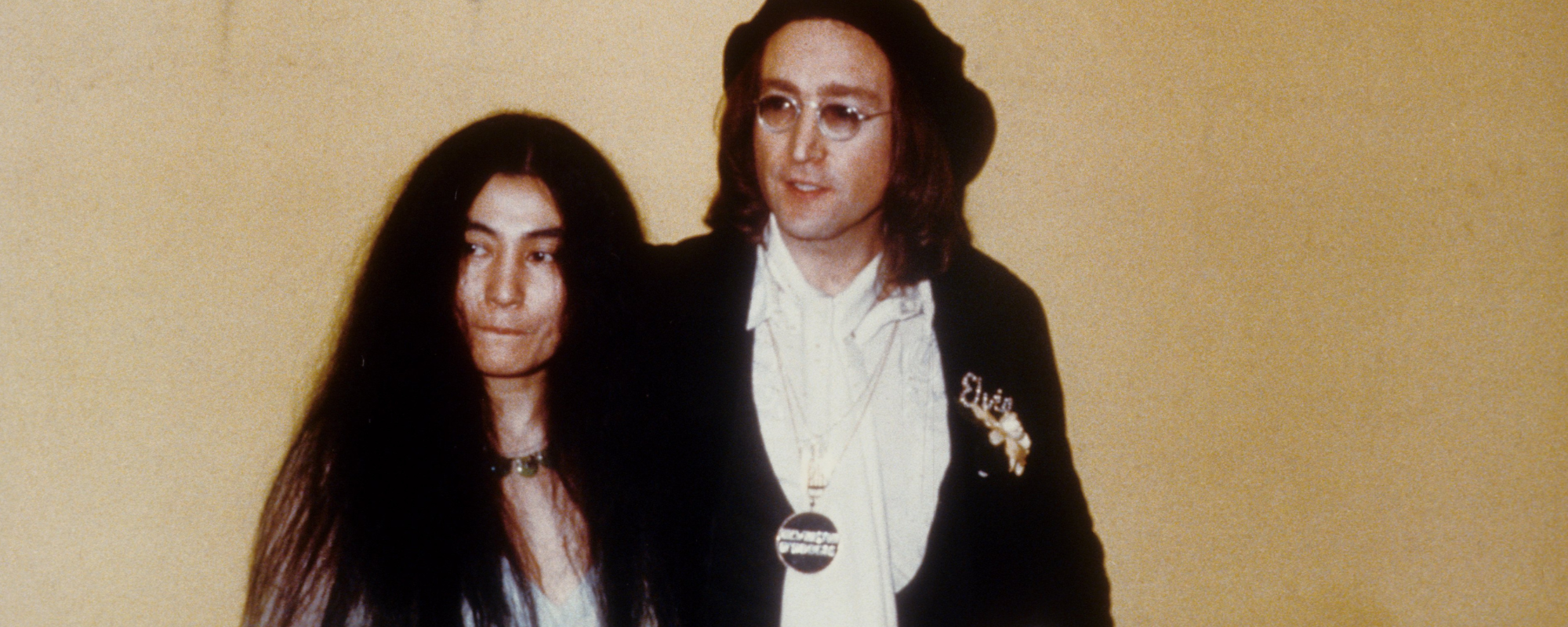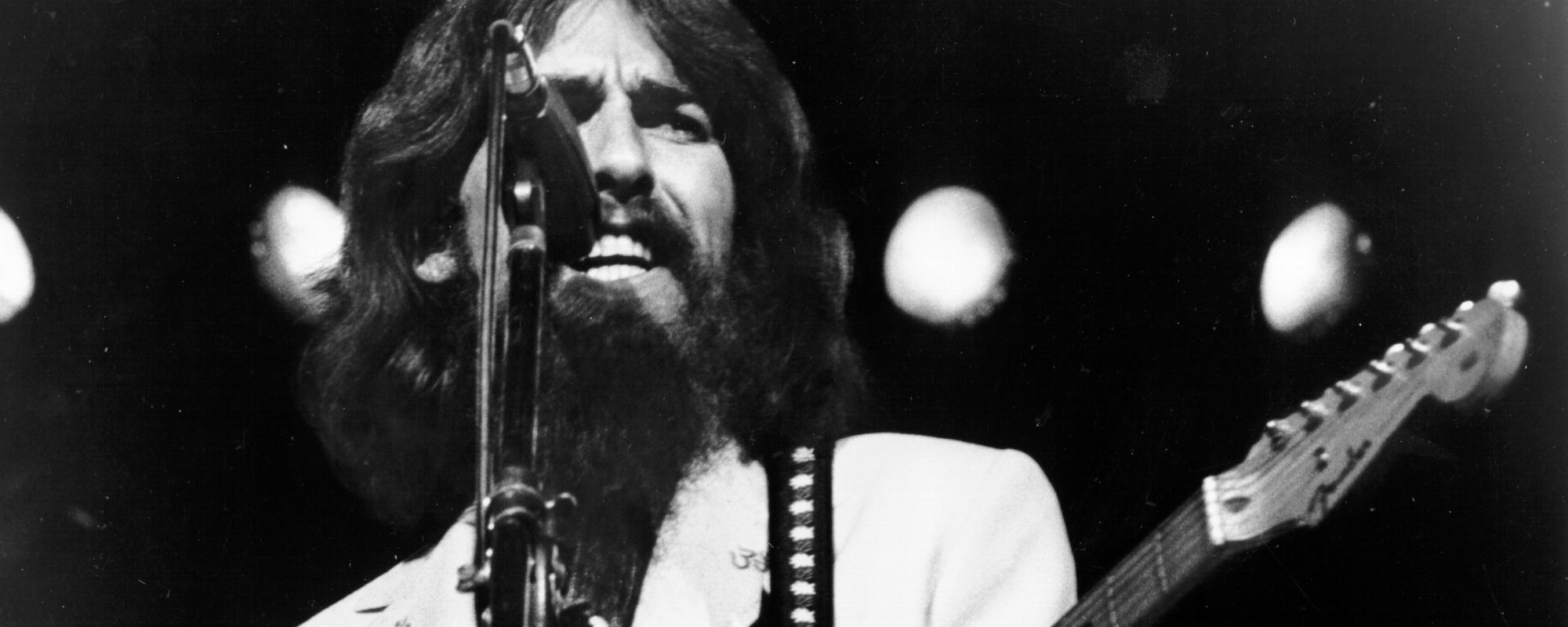Billy Joel needed to return home to truly hit his stride as an artist. He did so with the 1976 album Turnstiles, recorded in and inspired by New York, eight songs’ worth of well-observed character sketches, personal reflections, and, yes, even a little science fiction.
Videos by American Songwriter
The only problem is the rest of the world didn’t quite catch up to the fact he had hit this pinnacle. He’d have to wait until his next record for that to happen. But Joel himself has shown sustained fondness for Turnstiles and the songs that comprise it, as have legions of his fans willing to look beyond the hits. Here’s how it all happened.
Coast to Coast
Billy Joel’s early career as a solo artist struggled to advance too far, mainly because there always seemed to be something setting it back: poorly recorded albums, record executives who misunderstood his strengths, and, to be fair, Joel’s own tendencies to write and perform what he thought other people wanted to hear from him, rather than what truly fired him up. And Turnstiles, scheduled to be his fourth album, easily could have continued this trend.
Joel’s record label felt he would benefit from the help of producer James William Guercio, who had helped mint a successful sound with the band Chicago in the first half of the ’70s. The artist dutifully reported to Guercio’s studios in Colorado. Luckily, he had the wisdom to realize it wasn’t a good fit and the courage to act on it. He told his label (Columbia) he’d produce the album and record it in New York.
This made sense, because many of the songs had to do with both the home to which he was returning, while a couple touched on the place he was leaving behind to round out the picture. Joel had grown tired of the West Coast, and a newspaper article about New York’s supposed path to extinction inspired not only his creative juices, but also the desire to return to his old haunts. He had also picked up a band of local boys along the way that he knew could do the material justice.
Songs of Defeat and Resilience
Joel begins the album with “Say Goodbye to Hollywood,” a clear message, but not a snide one. There’s something bittersweet in the song, as the narrator isn’t leaving because he’s triumphant, but rather because he knows it’s time to go, even with unfinished business lingering. That feeling is paid off in the sentimentality of “New York State of Mind,” which he wrote on a bus ride back to the city.
Turnstiles is an album obsessed with transitions, but not always those that take you physically from one place to another. “Summer Highland Falls” is a gorgeous piece of piano work that backgrounds a story of a relationship spinning to its conclusion despite, and perhaps even because of, the tireless efforts of the principals. “I’ve Loved These Days” says farewell to youthful decadence with a lurking sense of unease about what’s to come.
The restlessness of the characters is mirrored by the variety within the music. “All You Wanna Do is Dance” is loose and fun, while “Prelude/Angry Young Man” features Joel as musically ambitious as he’d been to that point. If “Summer Highland Falls” owes a lot to the sensitive balladry of Jackson Browne, “New York State of Mind” is beholden to the barroom torch songs of a much earlier era. (Not for nothing did both Barbra Streisand and Frank Sinatra eventually cover it.)
Turnstiles closes out with the fearlessly inventive (and still traditionally accessible) “Miami 2017 (Seen the Lights Go Out on Broadway).” Joel took that aforementioned newspaper article and imagined what would transpire if it were reality. Spoiler alert: The Yankees get saved, the music still plays even when the lights dim, and the city’s denizens show resilience in the face of their eradication. Even though “New York State of Mind” became the standard, this track is Joel’s ultimate ode to what makes the city tick.
The legacy of Turnstiles
For all the descriptions above, you might think that Turnstiles was hailed as a masterpiece and several songs rode the charts to glory. Nope. The album might have won over a few critics, but it didn’t even crack the U.S. Top 100, and a couple singles sank without a trace.
How many times in music history have we watched as greatness and popularity walked different paths? At least, in Billy Joel’s case, subsequent releases earned him accolades and sales galore. But for our money, we’d argue he has maybe matched but never surpassed the excellence of Turnstiles, the album where he made an artistic leap far more prominent than the physical miles he traveled going across the country.
When you purchase through links on our site, we may earn an affiliate commission.
Photo by Michael Ochs Archives/Getty Images












Leave a Reply
Only members can comment. Become a member. Already a member? Log in.